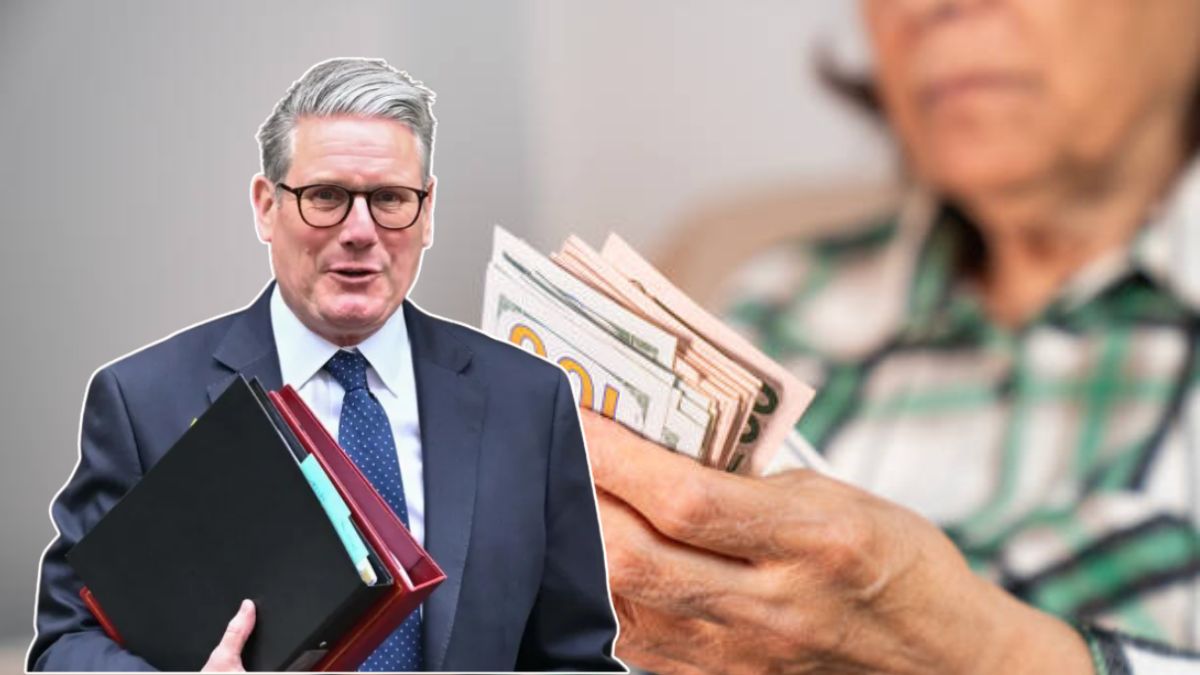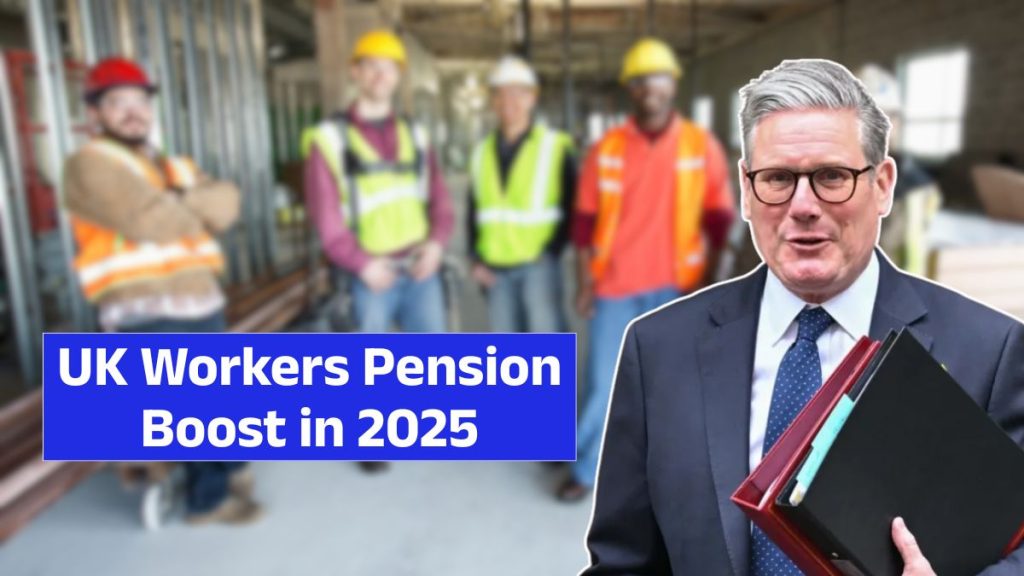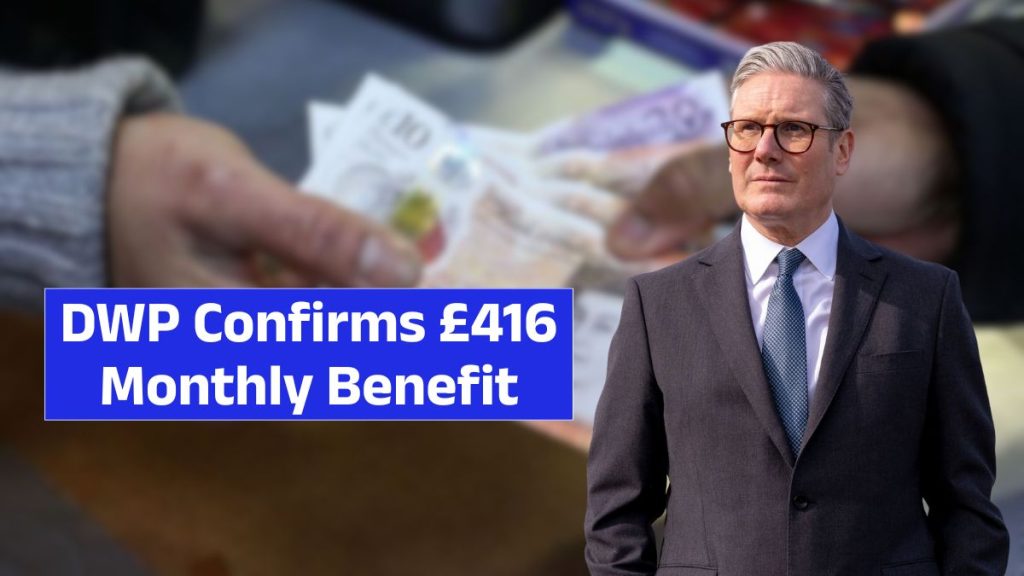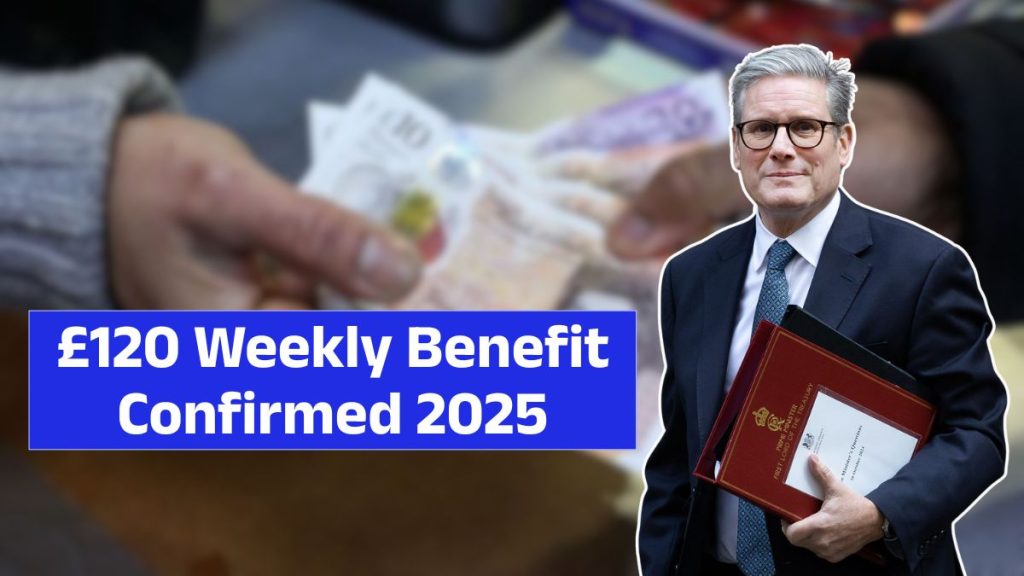This September 2025, UK pensioners and eligible individuals will see an increase in the Winter Fuel Payment offering extra financial support to cover rising energy bills. The government introduced this change to help vulnerable households facing inflation and soaring energy costs, ensuring that older people are not left struggling to heat their homes during the colder months.
What Is the Winter Fuel Payment?

The Winter Fuel Payment is an annual, tax-free benefit provided to older citizens and certain vulnerable groups in the UK. Its purpose is straightforward: to help with heating costs during the winter season.
In 2025, the government confirmed an increase, recognising that energy bills are rising faster than inflation and disproportionately affecting pensioners. This payment aims to reduce financial pressure while ensuring households can stay warm safely.
Who Qualifies for the Payment?
Eligibility for the Winter Fuel Payment depends on specific criteria:
- Age: Most recipients must be aged 66 or older (state pension age).
- Residence: You must live in the UK for at least part of the qualifying week during winter.
- Other benefits: Some individuals automatically qualify if they already receive certain state benefits.
For many, the payment will arrive automatically, while others may need to confirm their details with the Department for Work and Pensions (DWP). Understanding eligibility ensures that no pensioner misses out.
How Much Will Pensioners Receive?
The exact amount varies based on age and household circumstances. With the September 2025 increase, most eligible individuals will receive an extra sum to help offset rising bills.
- Single pensioners may receive a larger payment than before, reflecting higher heating costs for single households.
- Couples or multiple eligible individuals in one household will each receive the payment separately, maximising support.
- The payment is tax-free, meaning recipients keep the full amount for heating and essential winter expenses.
When Will Payments Be Made?
The DWP will begin making payments in late September 2025. The timing may vary depending on how each case is processed:
- Most pensioners will receive automatic bank transfers into their pension or current accounts.
- Some individuals may still receive cheques.
It is crucial to ensure that bank account details are up to date and that correspondence from the DWP is carefully checked to avoid payment delays.
How to Make Sure You Receive the Extra Payment
While many pensioners will be paid automatically, some may need to take additional steps:
- Confirm eligibility with the DWP if you do not receive benefits automatically.
- Update bank account details to guarantee direct payment.
- Respond quickly to any requests for information.
Acting early ensures that the extra funds reach households on time, providing financial relief before the winter season begins.
Interaction With Other Benefits
The Winter Fuel Payment is a standalone benefit. It does not reduce or affect entitlement to other benefits such as:
- State Pension
- Universal Credit
- Housing Benefit
- Pension Credit
It is not taxable income, meaning every pound can be used for energy bills or other essential winter costs. Pensioners who already receive benefits may find the Winter Fuel Payment provides valuable extra financial room to cope with rising bills.
Why the Government Increased the Payment
The government’s decision to raise the Winter Fuel Payment is tied to the ongoing energy crisis and the high cost of living. Older households, often living on fixed state pensions, are more vulnerable to energy price increases.
This boost aims to:
- Provide relief from rising heating costs
- Reduce the risk of pensioners having to choose between heating and food
- Support vulnerable residents across the country during what could be another challenging winter
Real-Life Examples of Impact
The increase is not just numbers on paper – it has a real effect on daily life:
- Margaret, 72, who lives alone, says the extra payment helps her keep the heating on for longer hours without worrying about bills.
- John and Elaine, both over 70, will receive individual payments, helping cover both their heating and grocery costs.
- Peter, 68, automatically qualifies and plans to use the money for both gas and electricity bills, reducing financial stress during the colder months.
These examples show how the payment is a lifeline for pensioners managing limited budgets.
Preparing for the Winter Fuel Payment
To avoid issues and make the most of the payment, pensioners are advised to:
- Keep DWP records updated with current addresses and bank details.
- Retain documentation proving eligibility, such as pension statements.
- Plan ahead by allocating the funds toward energy bills and essential household needs.
Proper preparation ensures that the money is received promptly and used effectively to reduce financial strain.
Looking Ahead
The Winter Fuel Payment increase in September 2025 demonstrates the government’s ongoing commitment to protecting older and vulnerable citizens during times of economic uncertainty.
While the extra support may not solve every financial challenge, it represents a vital safety net for millions of pensioners. If communication campaigns are successful and awareness increases, more households will claim their entitlement – reducing hardship and improving quality of life for those most at risk.
FAQs
Q1: When will the Winter Fuel Payment increase be paid?
Payments are expected to begin in late September 2025, though the exact date may vary depending on DWP processing.
Q2: Who qualifies for the Winter Fuel Payment?
Most people aged 66 or older who live in the UK during the qualifying week will qualify, especially pensioners already receiving state benefits.
Q3: How much will pensioners receive under the new rules?
The amount depends on age and household situation. Single pensioners may receive a larger sum, while couples each get their own payment.
Q4: Will the Winter Fuel Payment affect other benefits?
No. It is a separate tax-free payment and does not reduce or interfere with pensions, Universal Credit, or other welfare benefits.
Q5: How can pensioners make sure they get their payment?
Ensure that bank details and addresses are updated with the DWP, confirm eligibility if required, and respond to DWP communications promptly.













